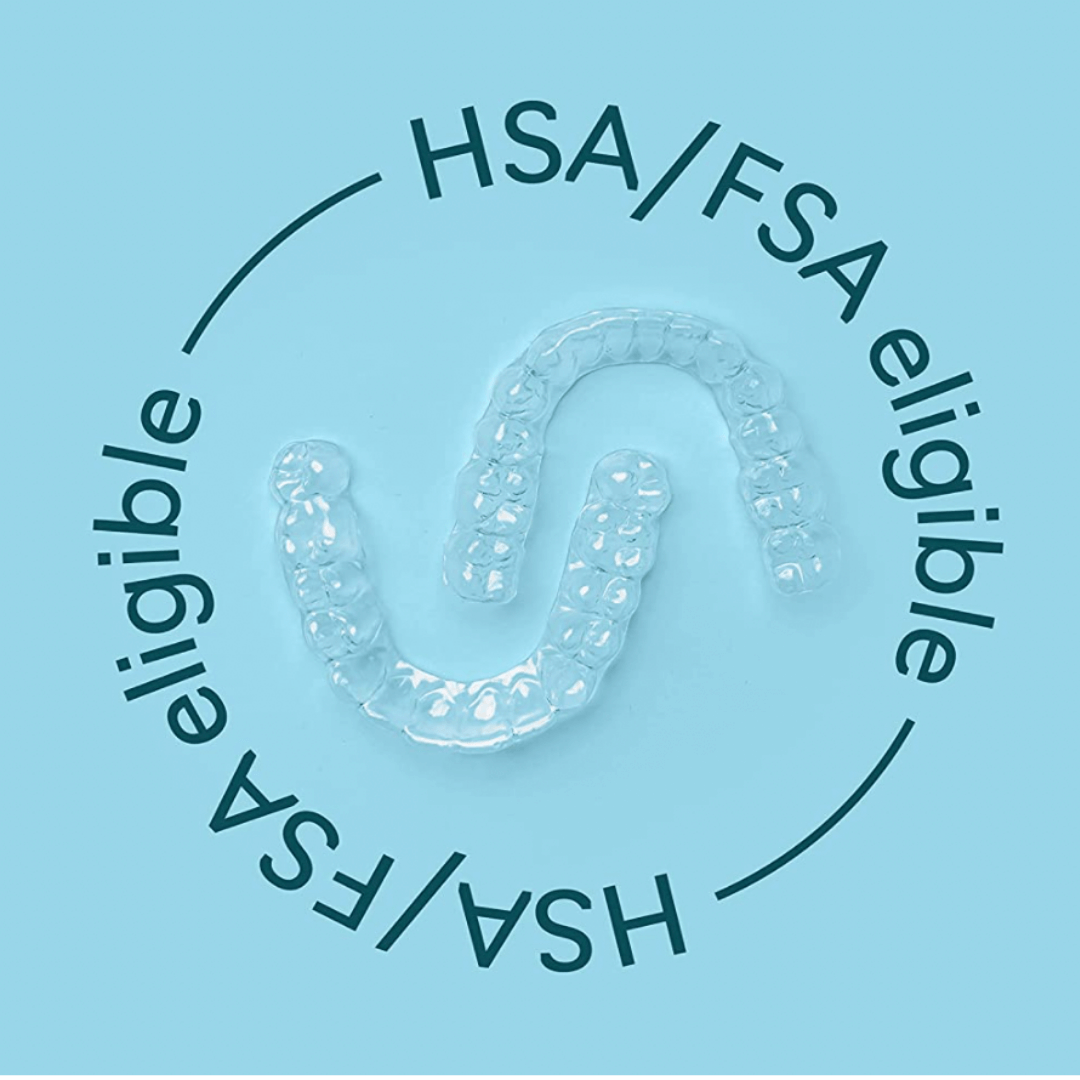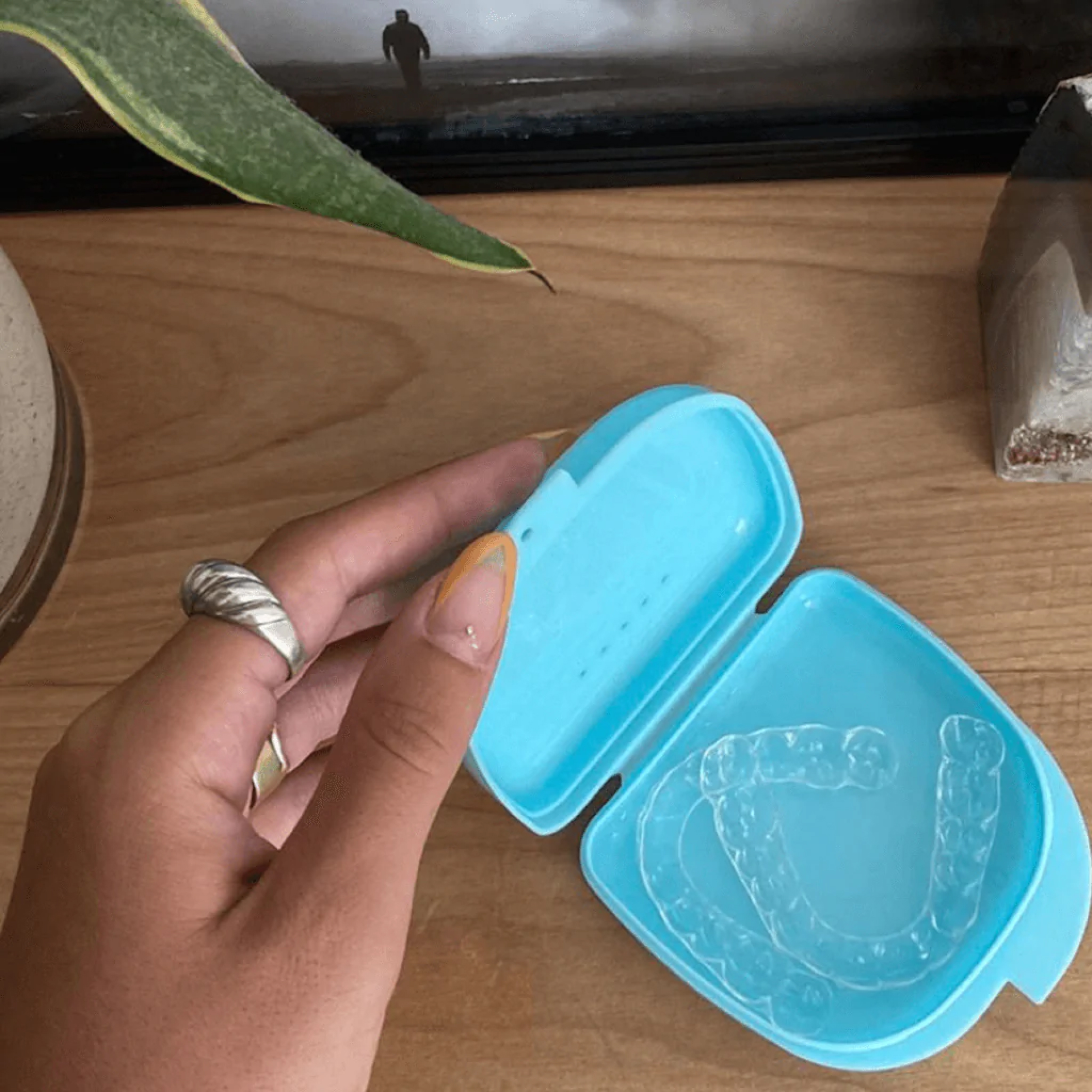Finding the Best Custom Night Guard for Teeth Clenching
Teeth clenching, also known as bruxism, is a common problem that affects many people. It can lead to a range of dental issues, including tooth damage, jaw pain, and even headaches. One solution to help prevent these consequences is using a custom night guard designed specifically for teeth clenching. In this article, we will explore the different types of night guards available, factors to consider when choosing one, and how to get a custom night guard for yourself.
Understanding Teeth Clenching and Its Effects
What is Teeth Clenching?
Teeth clenching, also known as bruxism, is a common condition that affects many people. It is a habit where a person grinds or clenches their teeth unconsciously, often during sleep. This habit can cause significant damage to teeth and the surrounding oral structure, leading to a lifetime of dental problems if left unchecked.
While occasional teeth clenching might not have severe consequences, long-term clenching can have detrimental effects on oral health. In fact, it is estimated that up to 10% of adults and 15% of children grind their teeth regularly.
Causes of Teeth Clenching
There are various reasons why a person might clench their teeth at night. Some common causes include stress, anxiety, sleep disorders, misaligned teeth, or issues with the temporomandibular joint (TMJ). Identifying the underlying cause of your teeth clenching is essential to find an effective treatment and prevent further complications.
Stress and anxiety are among the most common causes of teeth clenching. When a person is stressed or anxious, they tend to hold tension in their jaw, which can lead to teeth clenching. Sleep disorders, such as sleep apnea, can also contribute to teeth grinding, as can misaligned teeth or a misaligned bite.
Issues with the temporomandibular joint (TMJ), which connects the jawbone to the skull, can also cause teeth clenching. TMJ disorders can cause pain and discomfort in the jaw, which can lead to teeth grinding as a way to relieve the discomfort.
Long-term Effects of Teeth Clenching
Chronic teeth clenching can result in numerous long-term complications, such as tooth wear, enamel erosion, tooth fractures, receding gums, and even tooth loss. Moreover, consistent clenching can cause pain and discomfort in the jaw, neck, and face, leading to tension headaches, TMJ disorders, and difficulty eating or speaking.
Over time, teeth clenching can wear down the enamel on teeth, making them more susceptible to decay and cavities. It can also cause teeth to crack or fracture, which can lead to further dental problems. Receding gums, which can be caused by teeth clenching, can expose the roots of teeth, making them more sensitive to hot and cold temperatures.
Consistent clenching can also cause pain and discomfort in the jaw, neck, and face, leading to tension headaches and difficulty eating or speaking. In severe cases, teeth clenching can even cause the jaw muscles to become enlarged, leading to a condition called masseter hypertrophy.
Treatment for Teeth Clenching
If you suspect that you are clenching your teeth, it is important to speak with your dentist. Your dentist can examine your teeth and jaw to determine the underlying cause of your teeth clenching and recommend an appropriate treatment plan.
Treatment options for teeth clenching may include wearing a mouthguard at night to protect the teeth from damage, practicing stress-reducing techniques, such as meditation or yoga, or undergoing dental work to correct misaligned teeth or a misaligned bite.
In some cases, your dentist may refer you to a specialist, such as an oral surgeon or a TMJ specialist, for further evaluation and treatment.
Conclusion
Teeth clenching is a common condition that can have significant long-term effects on oral health. If you suspect that you are clenching your teeth, it is important to speak with your dentist to determine the underlying cause and develop an appropriate treatment plan. With proper treatment, you can prevent further damage to your teeth and improve your overall oral health.
Types of Night Guards for Teeth Clenching
Over-the-Counter Night Guards
Over-the-counter night guards are readily available at many pharmacies and online retailers. These pre-made guards come in various sizes and are designed to be a one-size-fits-all solution. While they may offer some relief from teeth clenching, they often lack the custom fit necessary to provide adequate protection and comfort for long-term use.
Custom Night Guards from Dentists
Dentist-provided custom night guards are specially designed to fit your mouth perfectly. They are created from dental impressions, which allows the guard to provide optimal protection and comfort. Though dentist-provided night guards can be expensive, they are generally more effective and durable than over-the-counter alternatives.
DIY Custom Night Guards
DIY custom night guards are an alternative for those who prefer to make their own teeth clenching protection at home. These kits typically involve taking a dental impression yourself and sending it to a lab, which then creates the night guard. While DIY custom night guards can provide a more personalized fit than over-the-counter solutions, they may still lack the precision and quality of a dentist-made guard.
Factors to Consider When Choosing a Custom Night Guard
Material and Durability
The material used to create a night guard plays a significant role in its effectiveness and durability. Soft materials generally offer more comfort but may be less durable, while harder plastics can last longer but might be less comfortable. Hybrid night guards that combine soft and hard materials may also be available, offering a balance between comfort and durability. When choosing a night guard, consider your personal preferences and the severity of your teeth clenching to determine the best material for you.
Comfort and Fit
A comfortable and well-fitting night guard is essential for effective teeth clenching prevention. Ill-fitting night guards are not only uncomfortable but can also exacerbate teeth clenching symptoms. Look for a custom night guard that is designed to fit your mouth precisely, ensuring a comfortable and secure fit throughout the night.
Price and Insurance Coverage
The cost of a custom night guard varies widely depending on the type and the provider. Over-the-counter and DIY options are generally more budget-friendly, while dentist-provided guards can be more expensive. It's essential to weigh the cost against the benefits and determine if insurance will cover any portion of the expense. Some dental insurance plans may partially or fully cover the cost of a custom night guard, so it's worth checking your coverage before making a decision.
Maintenance and Cleaning
Proper maintenance and cleaning are crucial to ensure the longevity of your custom night guard. Regular cleaning using a gentle toothbrush and non-abrasive toothpaste helps remove bacteria and prevent foul odors. Additionally, store your night guard in a proper case to protect it from damage and ensure it retains its shape for a longer time.
How to Get a Custom Night Guard
Consultation with Your Dentist
Before pursuing a custom night guard, it's essential to consult with your dentist to discuss the severity of your teeth clenching and evaluate the need for a night guard. They can also help identify any underlying issues that might be causing your teeth clenching, such as misaligned teeth or TMJ disorders, and recommend specific treatments or referral to a specialist, if necessary.
Taking Dental Impressions
If a custom night guard is deemed the best solution for your teeth clenching, your dentist will take a detailed dental impression. This impression will be used to create a mold of your teeth, which will then be sent to a dental lab for fabrication. In the case of DIY custom night guards, the kit should contain instructions on how to take a proper dental impression and send it to the lab.
Fitting and Adjusting Your Custom Night Guard
Once your custom night guard is created, your dentist will ensure it fits perfectly and make necessary adjustments if required. This is an essential step to ensure the guard is comfortable and effective in preventing teeth clenching. If you have chosen a DIY custom night guard, follow the provided instructions to ensure a proper fit and consult with your dentist if you have any concerns or need adjustments.
In conclusion, a custom night guard can be a life-changing solution for those suffering from teeth clenching. By considering the factors mentioned above and consulting with your dentist, you can find the best custom night guard for your needs and enjoy a comfortable, protected night's sleep.




